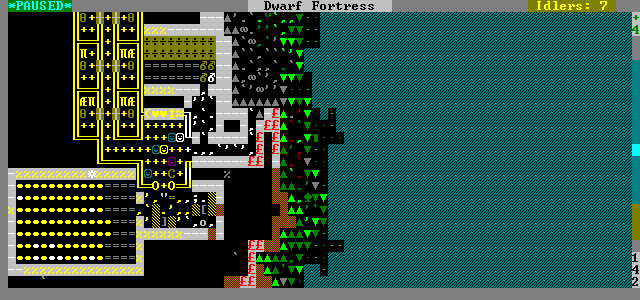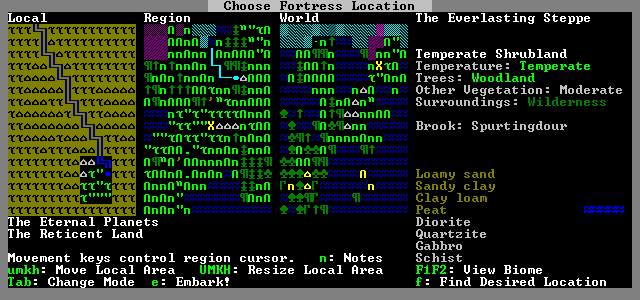I’m not much of political blogger, preferring to share my thoughts on the direction of our country and government over a beer or the dinner table. However, I do admire those that can and do participate in the neverending great online debate.
One of them is my friend, Josh Schrei, one of the best critical thinkers and eloquent rant writers that I personally know. He has been on a real tear recently on his blog The Schrei Wire. His latest post, written from Florence, Italy, is a continuation of a series of posts regarding the War on Intellectualism that Sarah Palin represents….
Its interesting to be here in the cradle of human enlightenment in the midst of our current debacle of a Presidential race, because, to be frank, it really puts things in… perspective.
So lets put things in perspective. One of our candidates for the highest office there is doesnt believe in evolution. She believes that dinosaurs and people coexisted on planet earth 5000 years ago, which, according to her is just about how old the world is. She believes in Armageddon. She believes that certain thoughts and ideas — in the form of books that go against her particular worldview — should be banned.
According to WikiPedia, “Perspective in theory of cognition is the choice of a context or a reference from which to sense, categorize, measure or codify experience, cohesively forming a coherent belief, typically for comparing with another.”
Simply put, Sarah Palin doesnt have perspective. She doesnt have the context that is the very defenition of perspective. Ill go out on a limb and say that she probably doesnt read that much. Shes never been abroad. She probably wouldnt care too much for David or Venus because David has a penis and you can see Venuses tits and she would probably think thats gross and immoral.

the view from Florence
read on here for the full post, and many others…
Update: Matt Browner-Hamlin, the other great political blogger I personally know, has a great round-up pile-on post on this topic, as well: Sarah Palin & Anti-Intellectualism:
Am I piling on in this post? Sure, because Palin’s brand of willful ignorance as is dangerous a force as any other that exists in the United States today. Willful ignorance, anti-intellectualism, and the tribalization of these forces against those who seek betterment through education are the shortest paths to the decline of the US as a great nation.





